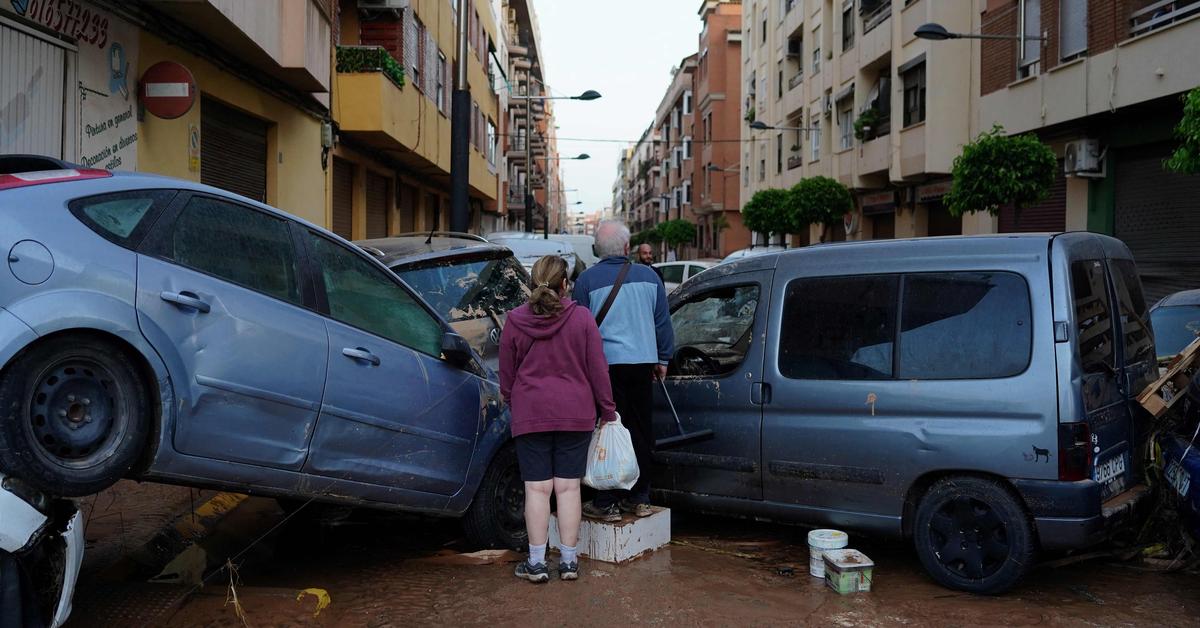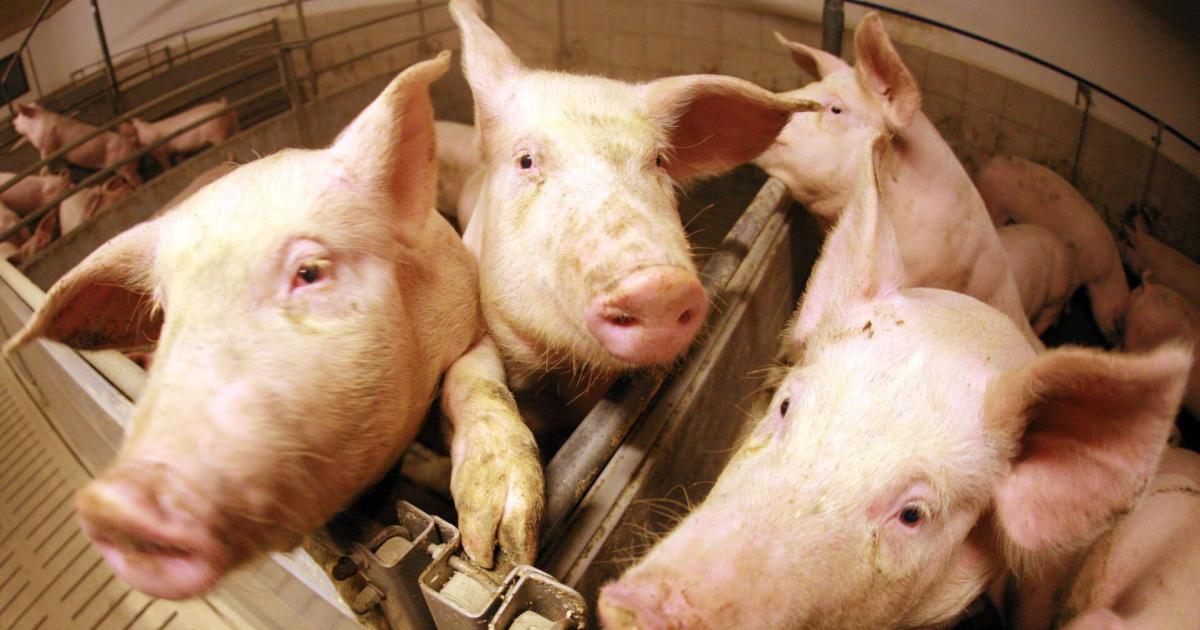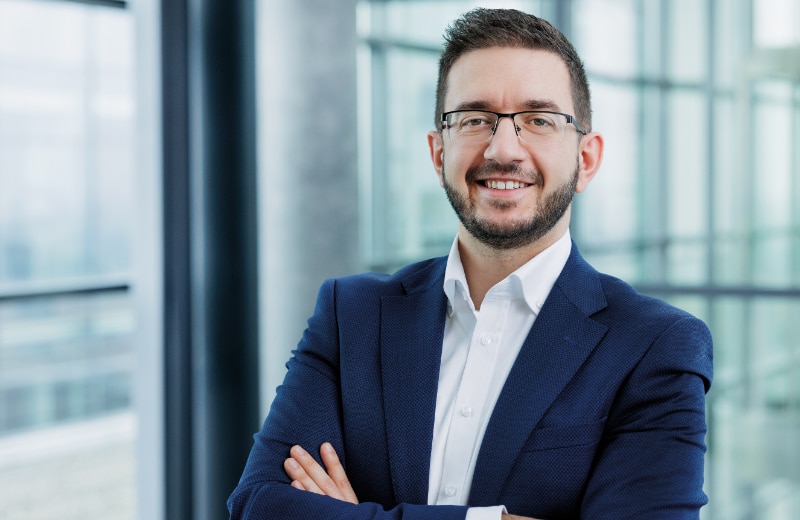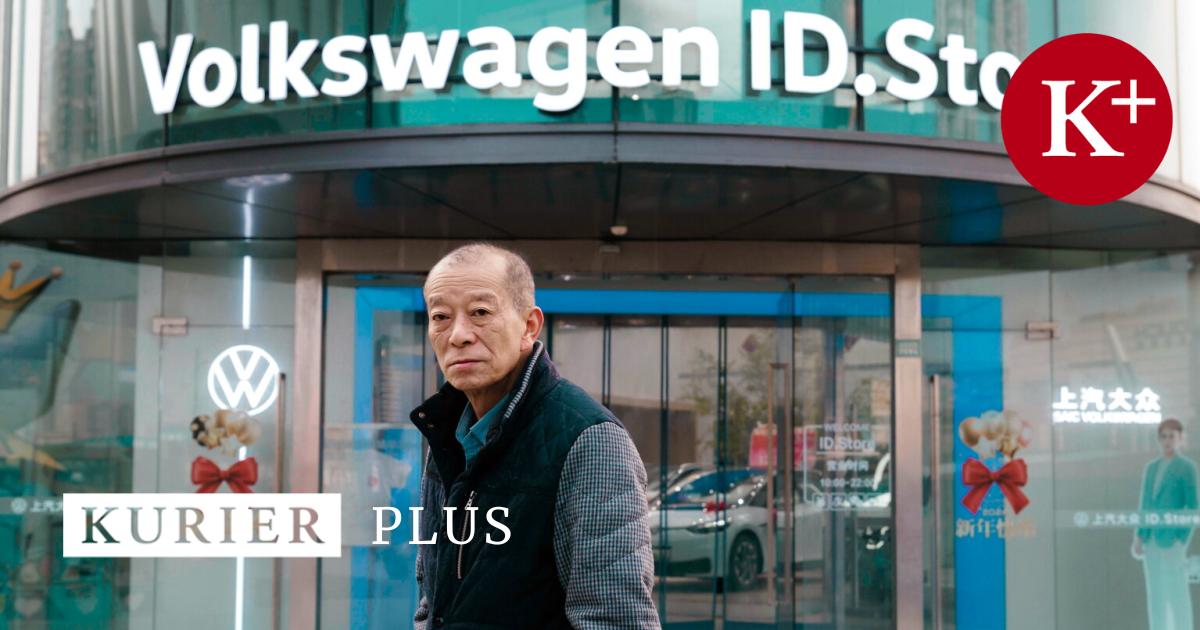Even if the wording is deliberately ambiguous: “West China” means the Uyghur province Xinjiang I mean, VW still has two sites today. For many years, the evidence has been overwhelming that the Uyghur Muslim minority there is being systematically persecuted and exploited.
In the fall of 2022, United Nations Human Rights Committee In a startling report, what NGOs and human rights activists have been spreading for years: that China's government is trying with all its might to eradicate Uyghur culture. That Uyghur women are being forcibly sterilized en masse against their will. That hundreds of thousands of Uyghurs must toil in the labor camps of Chinese state-owned companies.
the US government As a result, a year ago there was a historically strict supply chain law, the so-called Uyghur Forced Labor Prevention Law, into effect. Since then, all companies sourcing product parts from Xinjiang have assumed they were manufactured using forced labor. Therefore, companies must provide evidence to the contrary if they wish to sell their products in the USA. Thus, thousands of Volkswagen cars were arrested.
The German researcher who was the first to publicly persecute Uighurs is now increasing pressure on the Volkswagen Group
He is called the man who first brought the extent of persecution into the spotlight of a global audience Adrian Zenz. In 2018, a German anthropologist used satellite images to prove the existence of more than 380 re-education camps in which more than a million Uyghurs are currently imprisoned.
It is also Zenz who once again increased pressure on international companies in Xinjiang this year. Only last week, it was published in cooperation with the American media POLITICO a report, Accordingly, and despite international outcry, forced labor continues apace in Xinjiang, albeit under the guise of state-run “vocational training centres”.
Then on Tuesday the latest explosion: Zenz published a new report that said forced labor was used to build a Volkswagen Group test track in Xinjiang. Volkswagen said it knew nothing about this and would investigate the allegations. However, Zenz stated that he was only aware of the test track after obtaining information from Volkswagen employees.
the World Uyghur Congressa non-governmental organization for expatriates based in Munich“The Volkswagen Group has evaded responsibility for its complicity in human rights abuses in Xinjiang for long enough,” he wrote in an initial reaction.
Chemical giant BASF is withdrawing from Xinjiang, and Volkswagen now plans to do the same
But Volkswagen is not the only German company under pressure over its ongoing business in Xinjiang. Just last week it was the chemical giant BASF He announced his desire to withdraw from the governorate.
The move was also triggered by the revelation: According to this, employees of BASF's Chinese partner company – international companies that are not allowed to establish themselves in China except as joint subsidiaries with Chinese companies – must arrive in person. Searching the homes of Uyghur factory workers They participated.
On Thursday, Volkswagen announced that it is now “intensively studying” whether to abandon all of its sites in Xinjiang. German media reported that the pressure exerted by investors is very great. But the group is contractually committed to the site until 2029 — and appears to be very concerned about messing with Chinese authorities. After all, Volkswagen generates almost half of its global profits in the People's Republic alone.

“Total coffee aficionado. Travel buff. Music ninja. Bacon nerd. Beeraholic.”







More Stories
GenAI in everyday work – Top management is moving forward with AI, employees are hesitant » Leadersnet
Foreign Exchange: Euro rises against the dollar
Lufthansa Group: Austrian Airlines, the Boeing 737 MAX and the cargo problem